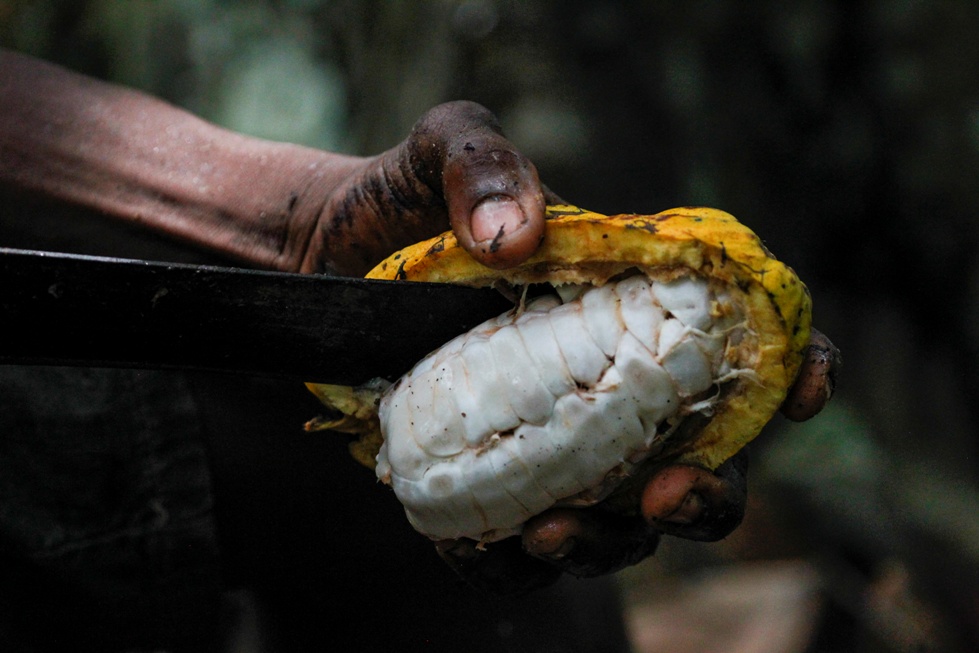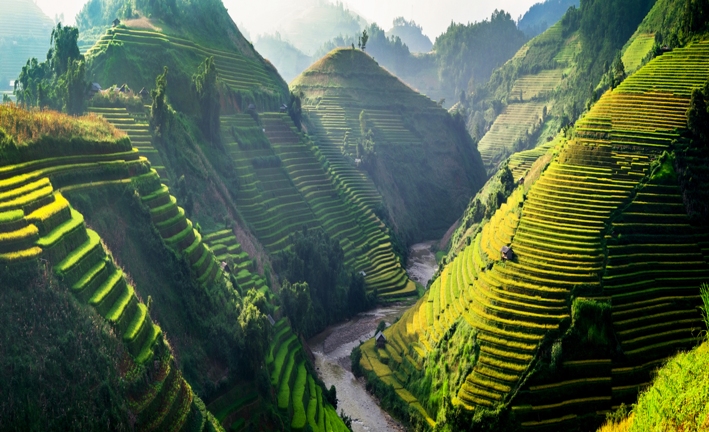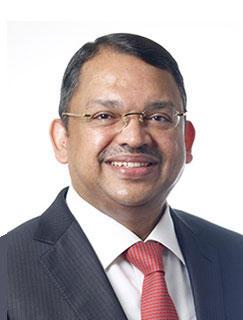Olam’s Sunny Verghese says a global food and agricultural system in line with the Global Goals would unlock economic value of more than $2tn by 2030
Are you reading this with a cup of coffee? A piece of chocolate? Or maybe a protein bar with nuts and puffed rice? And if the answer is yes, then have you considered the whole back story that the coffee or cocoa bean, nut and grain carries with it before reaching your cup or plate?
The reason I’m asking is because I need you to appreciate the journey of how these ingredients made their way into your hands, and that in many cases that journey needs to change. Our planet’s resource boundaries are being breached, exacerbated by poor farming practices in many regions.
We are seeing these stressors even before we get to 2050 and add another 2 billion people.
The vast bulk of the world’s food production is grown under the sun and therefore exposed to warming temperatures, disease, pests, floods and drought
Although we are seeing the emergence of underground farms and giant high-tech, temperature-controlled greenhouses, the vast bulk of the world’s food production is grown under the sun and therefore exposed not just to warming temperatures but also the disease, pests, floods and drought that those warming temperatures can cause.
This is further compounded by the fact that we need to keep global temperatures to a 1.5-degree increase to avoid a “hot house” situation. As a contributor of 11% of all man-made emissions, agriculture must get its own house in order, but we need the energy, transport, construction and other sectors playing their part to reduce greenhouse gas emissions.
We also need business to identify new solutions and innovations. Tech companies, for example, are producing remarkable software to ensure we only use the precise amount of water, fertiliser and pesticide required.

Meanwhile, Accenture found that 53% of UK consumers last year prefer to buy goods and services from companies that stand for a shared purpose that reflects their personal values and beliefs, and are ditching those that don’t. There is opportunity among consumers and thus profit to be made in sustainable business.
Ultimately, business success over the coming decade hinges on achieving the Sustainable Development Goals, the UN’s blueprint to achieve a better and more sustainable future for all by 2030.
The transformative agenda of the SDGs cannot be achieved by “business as usual”, nor by the singular approach of a few disruptive innovations here and there.
I would urge you to think about how your business activities may directly or indirectly affect the farmers growing the food we eat
Consider a global food and agricultural system in line with the Global Goals; one that feeds the growing population, generates higher incomes and restores natural resources and vital ecosystems. This would unlock economic value of more than $2tn by 2030 and would be much more resilient to climate risk. This makes it a commercial imperative for business leaders to work with sector peers to drive systemic change.
I chair the World Business Council of Sustainable Development (WBCSD), a CEO-led organisation of over 200 leading businesses such as Nestlé, Unilever, Santander, Toyota and Microsoft working to together to usher in the transition to a more sustainable world and help sustainability-focused companies become more successful.
WBCSD has translated the ambitions of the SDGs into six work programmes which bring leading companies together to drive transformation across a series of key economic systems. Specifically, efforts are focused around: circular economy; cities and mobility; climate and energy; food and nature; people; and redefining value. For those that choose to embrace the SDGs through this framework, it will help strengthen their licence to operate and manage operational and regulatory risks. Much of their combined experience is available as free guides on the WBCSD website.

Olam has benefited from many collaborations and these can open up opportunities for public sector funding. The Sustainable Rice Landscapes Initiative, for example, involves WBCSD companies, the Food and Agriculture Organization, UN Environment, Sustainable Rice Platform and development agencies, and is working to cut methane emissions from rice production. Every year, the production of this staple crop around the world emits the same amount of greenhouse gases as Germany, making it a key contributor to climate change.
Meanwhile, being a member of the Climate Smart Agriculture project has also helped evolve our thinking around climate change strategies that drive business improvements, such as providing weather stations right across the West Africa cocoa belt. For farmers, this new access to weather data means they can time applications of inputs and farm practices with the right conditions, which translates into higher yields and income. As for the business benefits for all involved; food companies get higher volumes and data to inform trading strategies, while chemical companies can more efficiently meet crop protection demands.
There has been much talk recently about whether business should only be focused on creating value for shareholders, or whether there is also a responsibility for preserving our planet and ensuring progress for wider society that we are a part of. Whatever your view, I would at least urge you to think about how your business activities may directly or indirectly affect the farmers growing the food we eat, who it may be beneficial to partner with, and help us to collectively re-imagine our shared future.

Sunny Verghese is co-founder and group CEO of Olam International Ltd and chair of the World Business Council for Sustainable Development
This article is part of our in-depth Decade of Delivery commentary from sustainability leaders. To view all articles, please see our January 2020 digital magazine.
#deliverydecade GHG emissions climate emergency agriculture SDGs Global Goals WBCSD FAO sustainable rice Climate smart agriculture

